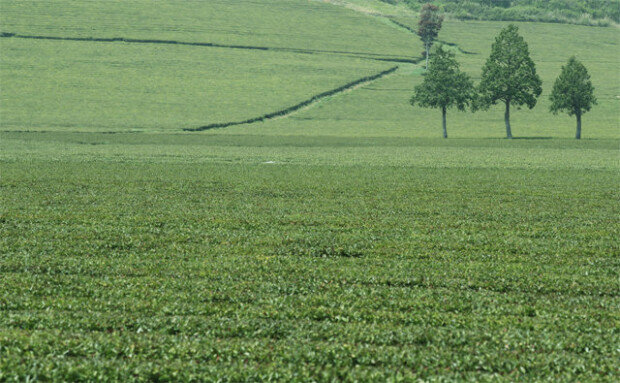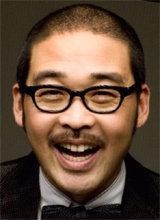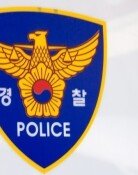Where are you from?
Where are you from?
Posted April. 02, 2021 08:07,
Updated April. 02, 2021 08:07


Cho Man-sik, an independence activist, spearheaded the effort to wipe out the much rampant regionalism in Korea under the slogan of “Don’t ask where they are from.” While asking one’s hometown can be construed as a sign of interest and affinity, it can also lead to unwanted prejudices and many other side-effects. It pains me to compare them, but the country’s perennial regionalism could be read in the same vein with the racial discriminations stirring controversies worldwide. Why should it matter where we come from or what color of skin we wear? After all, we are all born and buried on the same planet – Earth.
Recently, I had drinks with my friends, and it took an unexpected turn of events. Each coming from different towns, we met each other in Seoul as friends of the same age. Everyone was getting tipsy, and one of them, who would often get curious about where one came from, asked, “So, you were born in Jeonju?” “I was, but my family moved to Buyeo when I was two for my father’s new job where we lived until I turned 13, and we came back to Jeonju when I entered middle school,” answered the other friend. “Then you’re not really from Jeonju. You lived longer in Buyeo than in Jeonju.” “But I was born in Jeonju, and I went to middle and high schools there, so I am from Jeonju.” “What about college?” “I went to college in Seoul, and I’ve been living in Seoul ever since I finished my military duties.” “Then, you’ve lived in Seoul for the most part of your life. Why would you say you’re from Jeonju?” “Because I lived there as a boy. What about you?”
Then, the friend who started the conversation answered. “I lived in Boeun, but a dam was built in my hometown, and the town became inundated. So, we moved to Daejeon when I was seven. After graduating from college in Daejeon, I’ve lived in Seoul ever since.” “Then why do you claim you are from Daejeon? You were born in Boeun.” “I lived in Daejeon longer, so that makes Daejeon my hometown.” ‘But didn’t you live in Seoul longer?” “I did live in Seoul for a long time. But I think I am from Daejeon!”
As for me, though I was born and went to school in Chungju, I haven’t visited there often since my parents passed away. I do think that I am from Chungju, but since I’ve been living in Seoul for too long, there isn’t much emotion associated with the concept of hometown now. Back in the old days, I would get somewhat emotional when I drove past the toll gates of Chungju, and the old street lined with apple trees felt so warm like the mother’s hug. But now the town has changed a lot, and all the old diners I used to visit back in school are all gone, leaving little for me to feel any touch of nostalgia with. Paradoxically, I find myself feeling at home at the sight of grey skies with the pungent smell of traffic smoke when I arrive back in Seoul than I am on the way to visit my hometown. They say you can’t choose your family or hometown, but apparently, you can.
There must be various interpretations, but my favorite definition of hometown is a place that kept deep in your heart that you miss the most. That way, we can share each other’s beautiful memories instead of bickering over who is from where. Tonight, the old memories take me back to the hill in Sinwol-dong, the place where I lived alone for the first time after I moved to Seoul. I lived there for three years, and the land of nowhere evolved into a place of comfort for me with the additional offerings of my type of diners and bookstores. I miss my hometown in front of the blue-roofed gas station in Sinwol-dong.
Headline News
- Med professors announce intention to leave hospitals starting Thursday
- Bridge honoring Sgt. Moon Jae-sik unveiled in Pennsylvania
- Chief of Staff Chung tells presidential secretaries to stay away from politics
- US FTC bans noncompete agreements
- N. Korea launches cyberattacks on S. Korea's defense companies







